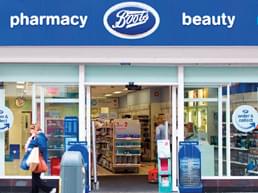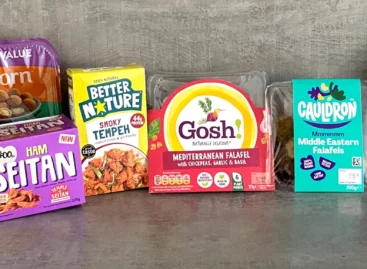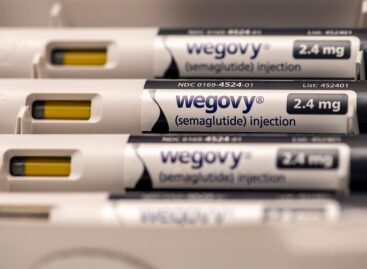In focus: the United Kingdom
Young British consumers like to shop in discount supermarkets
Aldi and Lidl make up for 67 percent of the UK’s discounter market and they represent 13 percent of British FMCG retail. Market research company Mintel measured an 11-percent sales growth in the British discounter channel in 2020. 86 percent of UK citizens go shopping to discount supermarkets, but this ratio is even higher, 90 percent in the 16-24 age group.
What makes this retail channel popular? Low prices, good price-value ratio and the simple shopping experience.
New rules for promoting unhealthy foods
As of April 2022 the United Kingdom is introducing new rules for promoting food products that are high in fat, salt or sugar (HFSS). HFSS foods include biscuits, sweets, crisps and soft drinks. Such products won’t be allowed to form part of promotions that motivate for buying more, e.g. ‘buy 1 and get 1 free’.g. //
 Private label beauty product is the favourite
Private label beauty product is the favourite
A 1,000-respondent survey has found that No7, the private label beauty brand of British drugstore chain Boots is the most popular cosmetics brand in the United Kingdom. The product range was launched back in 1935 and has proved to be more popular than Nivea or L’Oréal. //
Related news
Related news
Lidl guarantees fairer prices for cocoa farmers
🎧 Hallgasd a cikket: Lejátszás Szünet Folytatás Leállítás Nyelv: Auto…
Read more >40 secure jobs, sustainable solutions – new BURGER KING® in Csepel
🎧 Hallgasd a cikket: Lejátszás Szünet Folytatás Leállítás Nyelv: Auto…
Read more >








